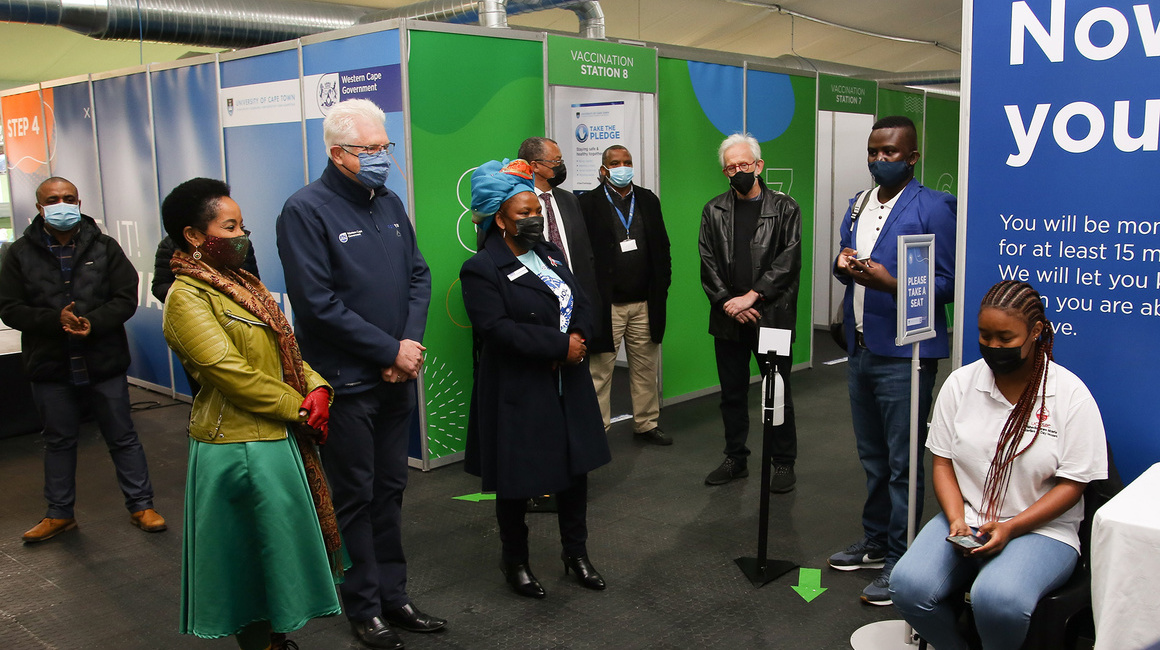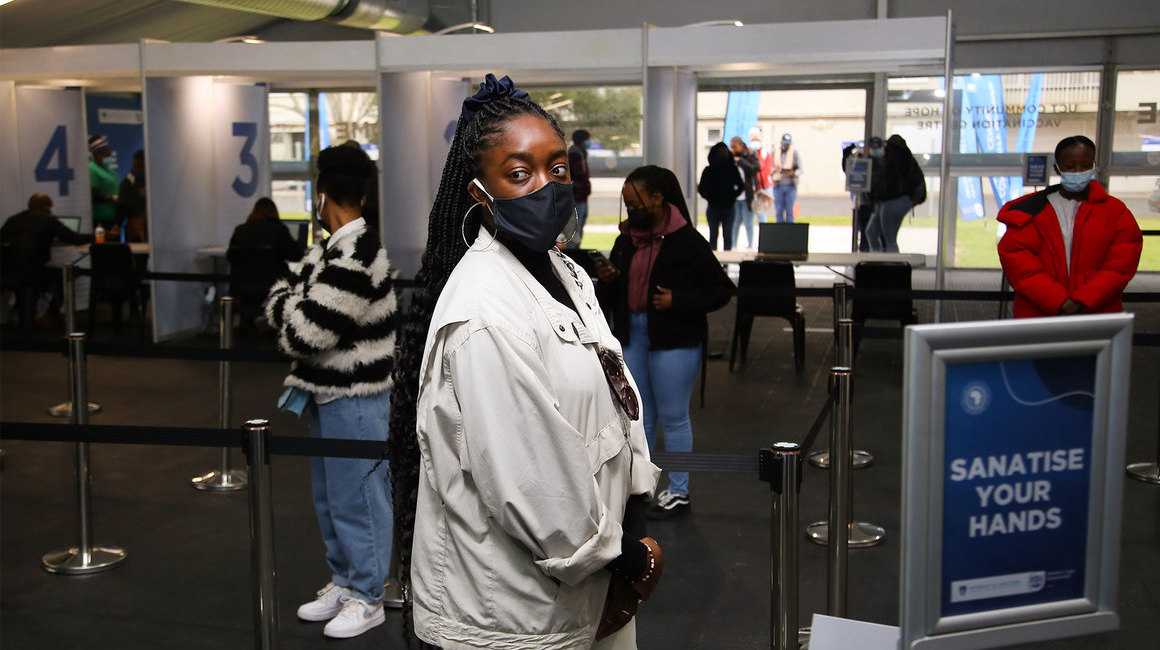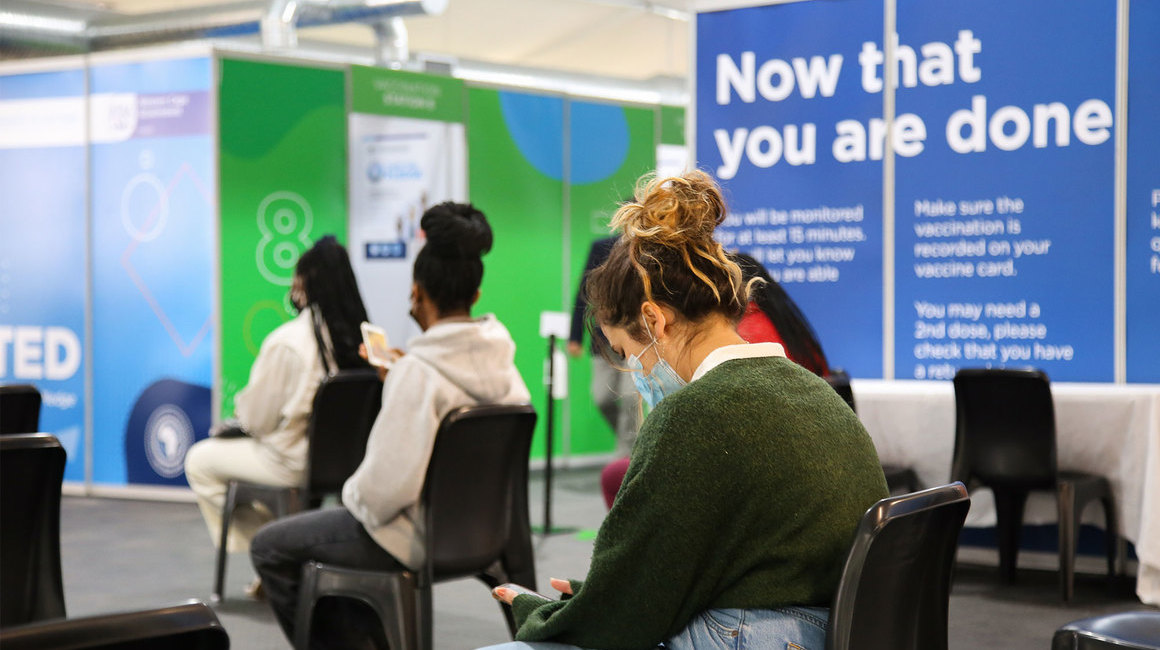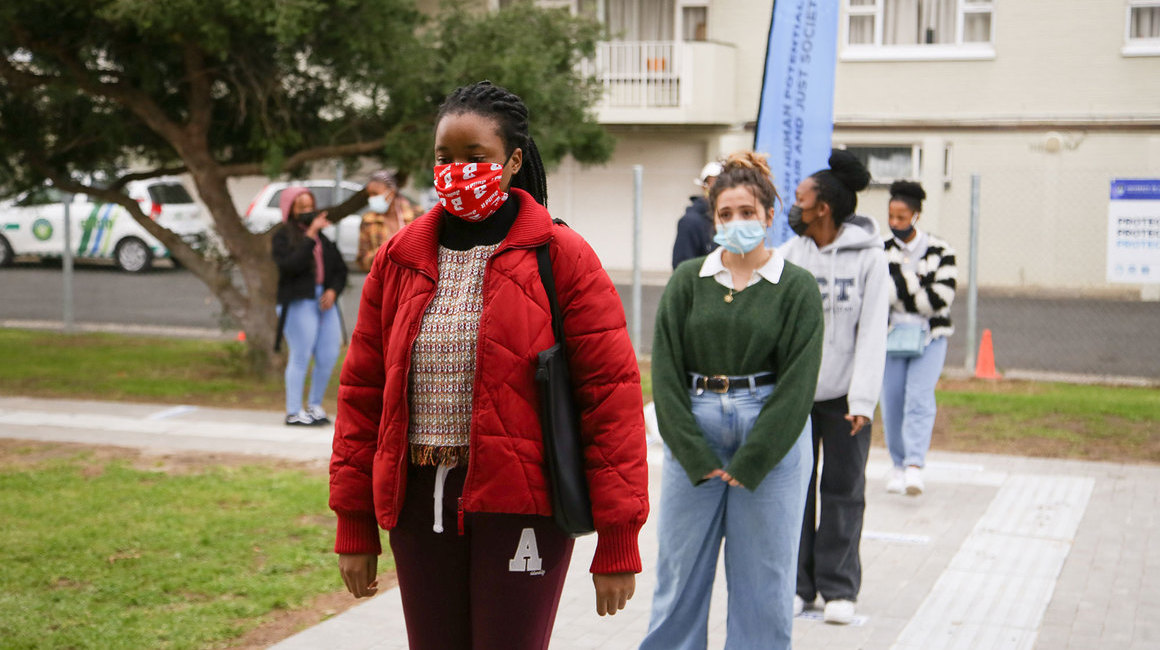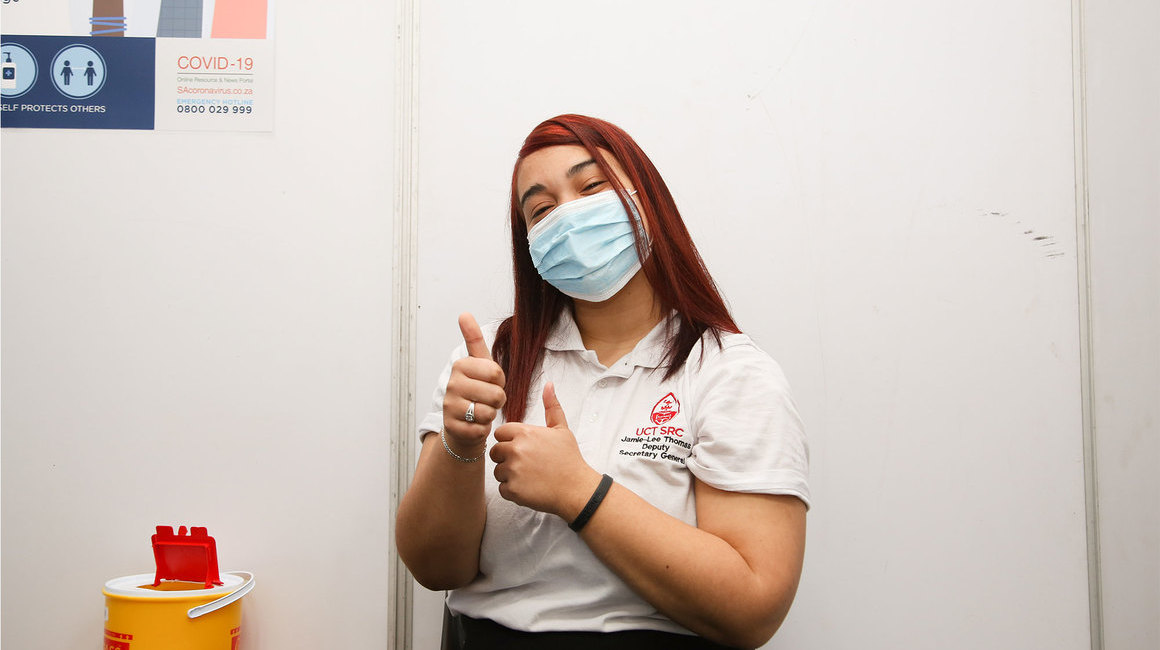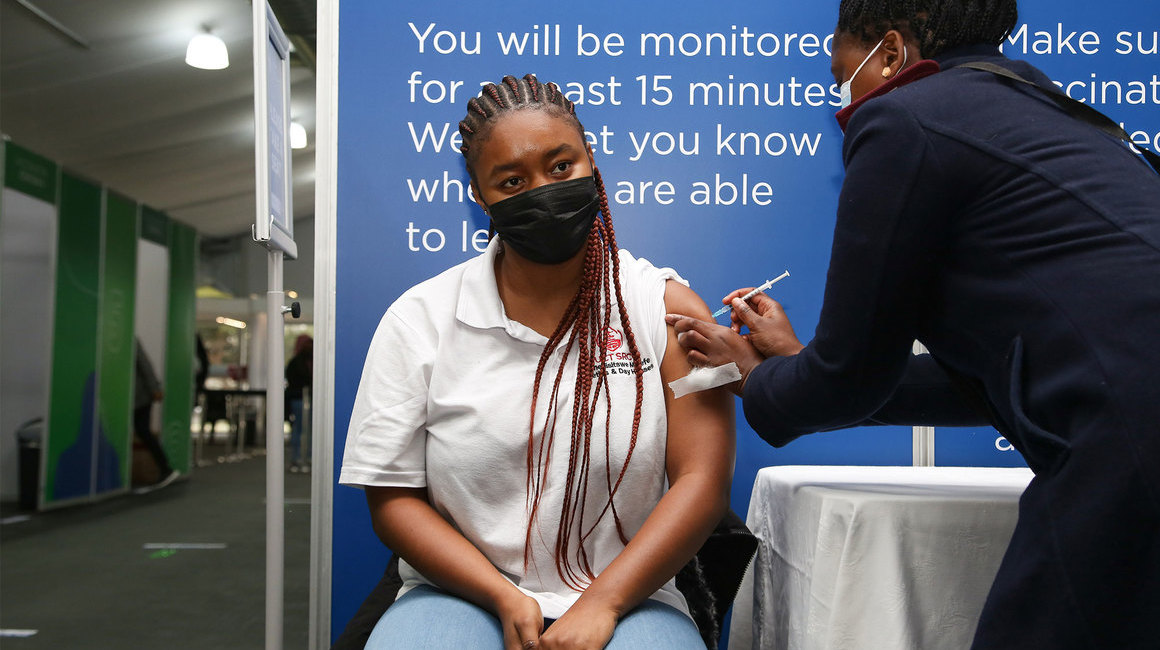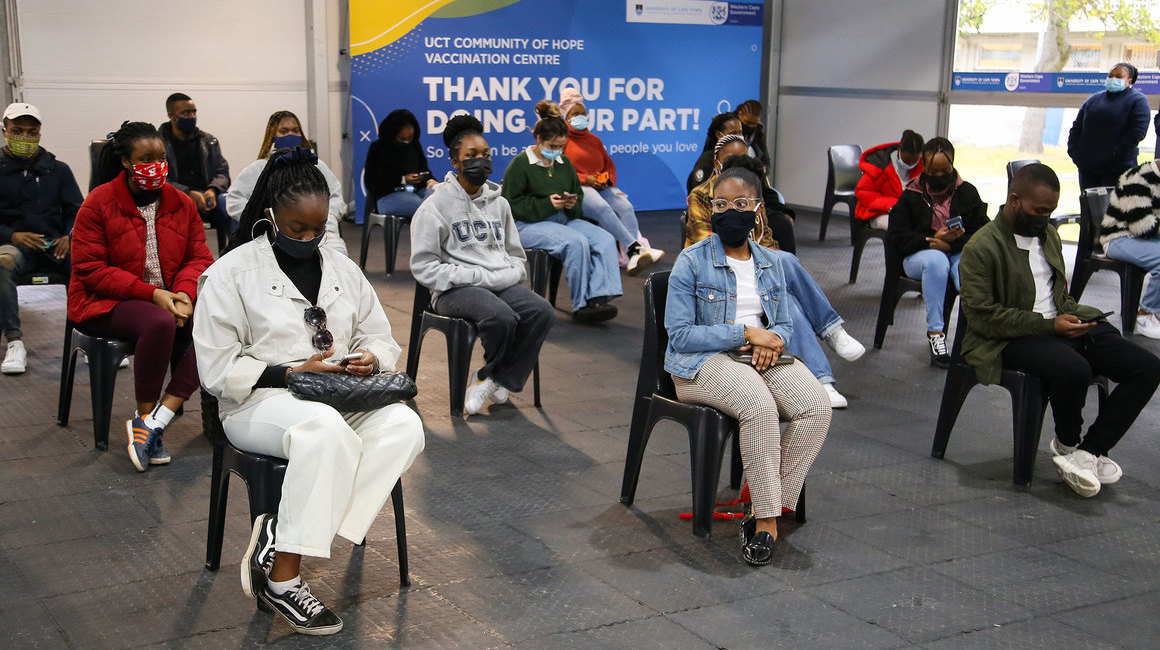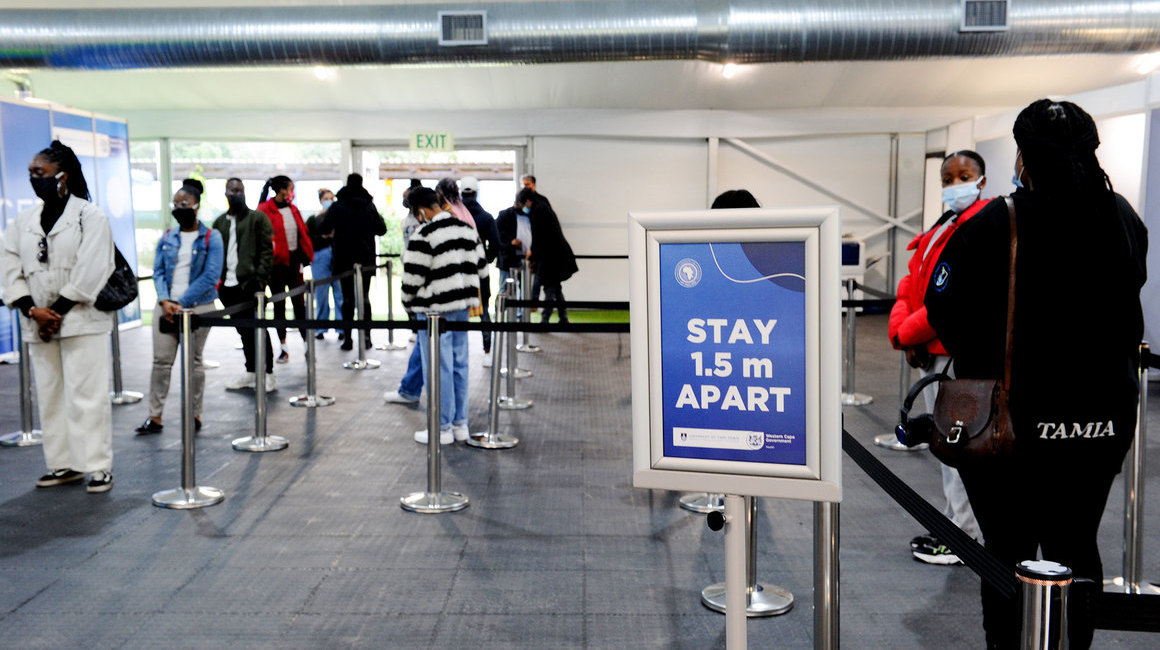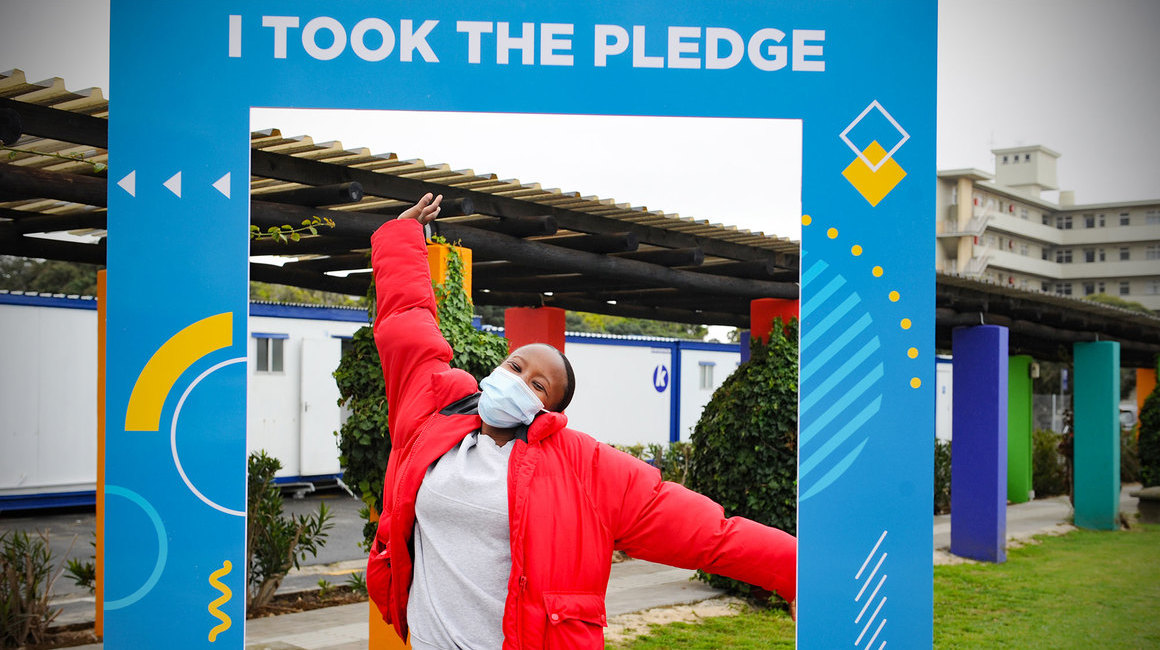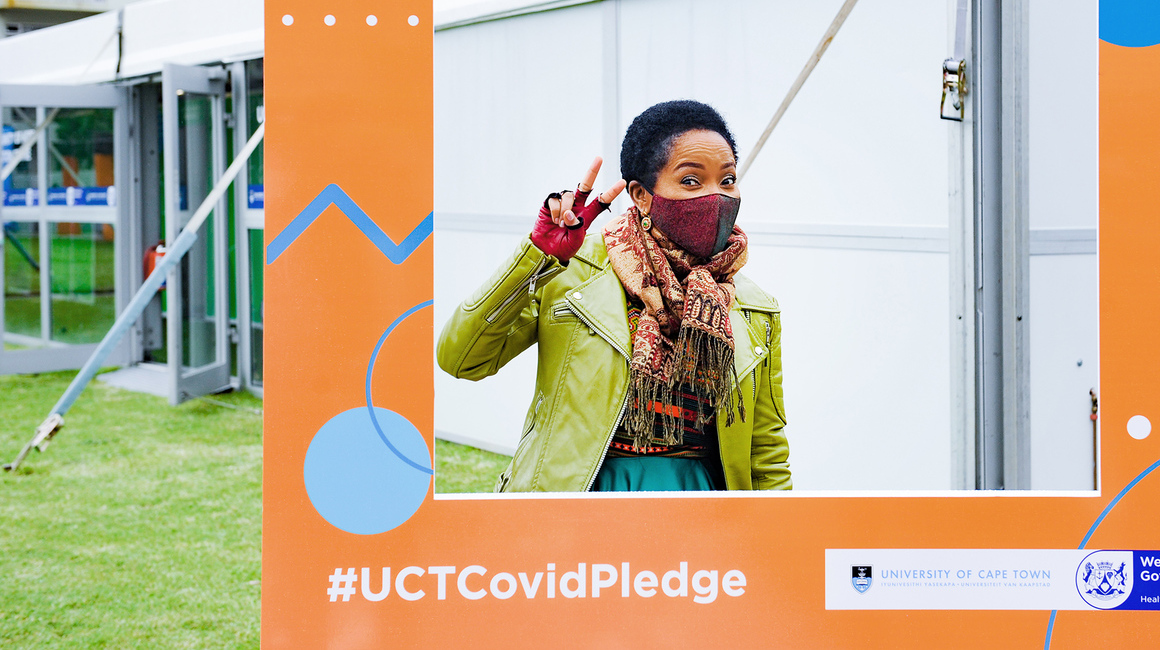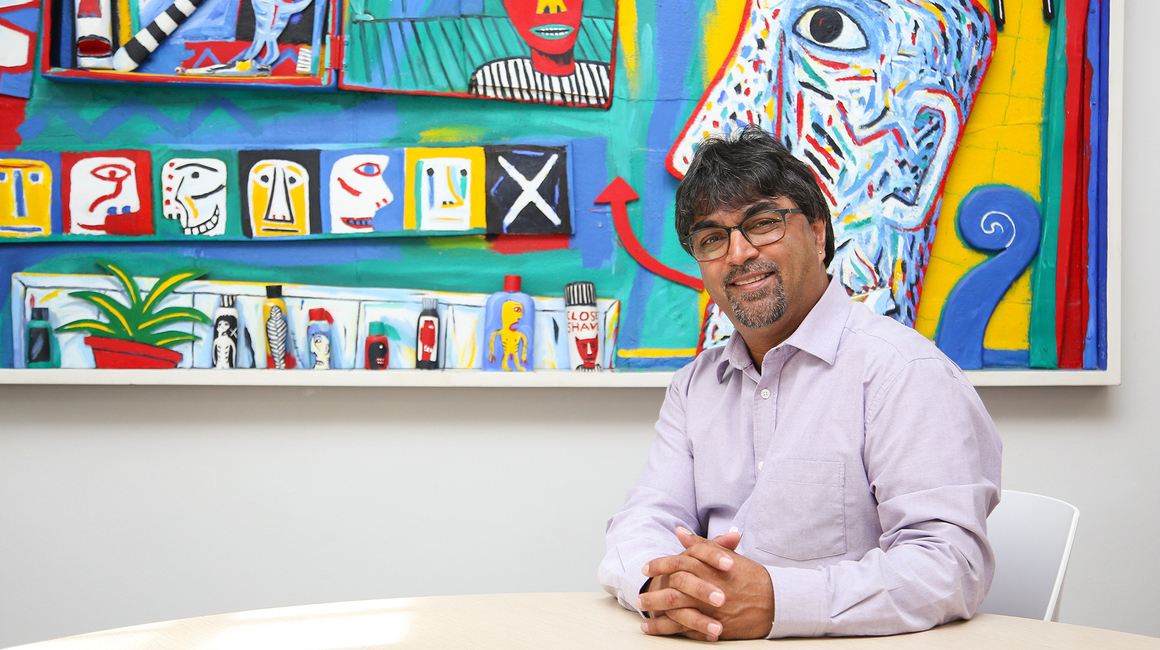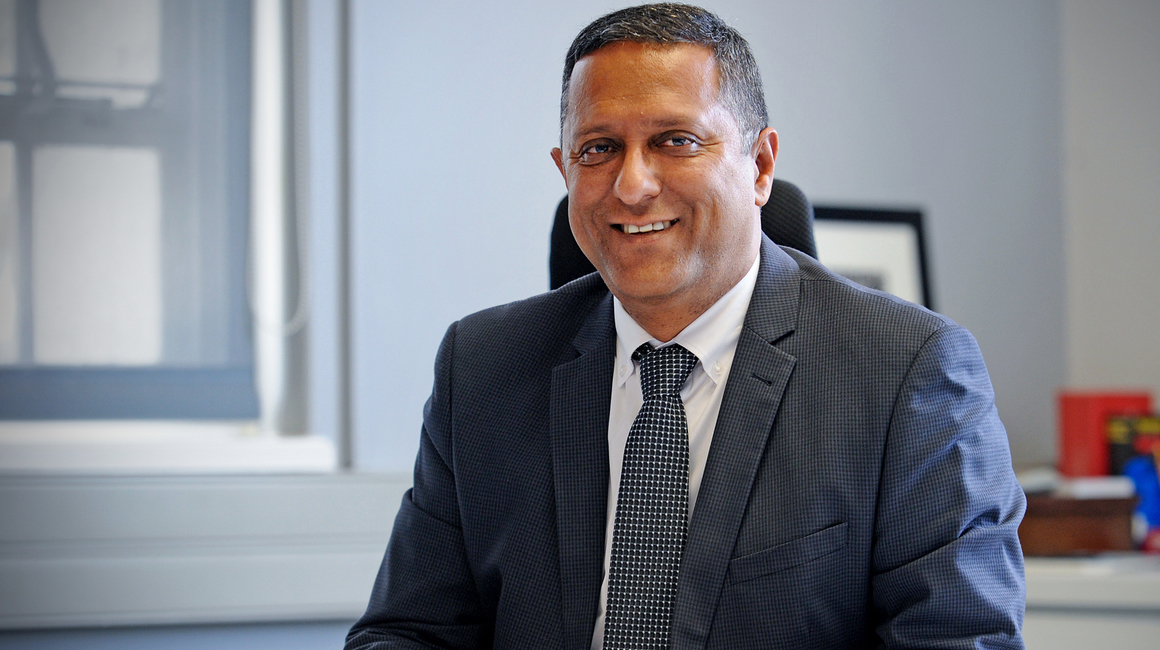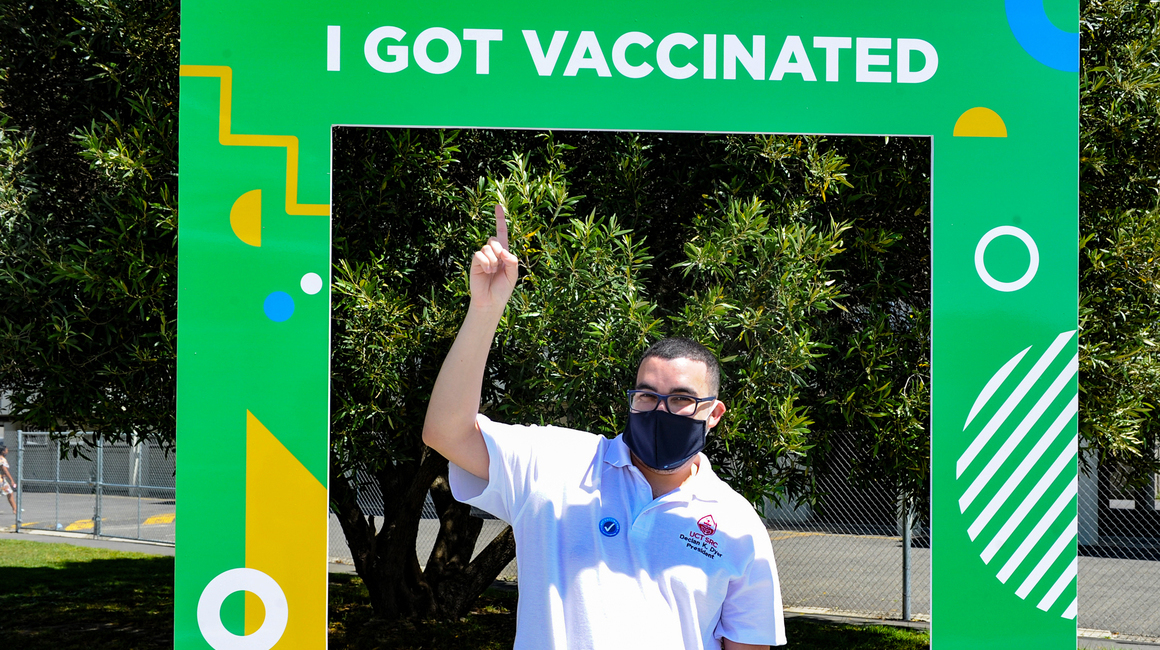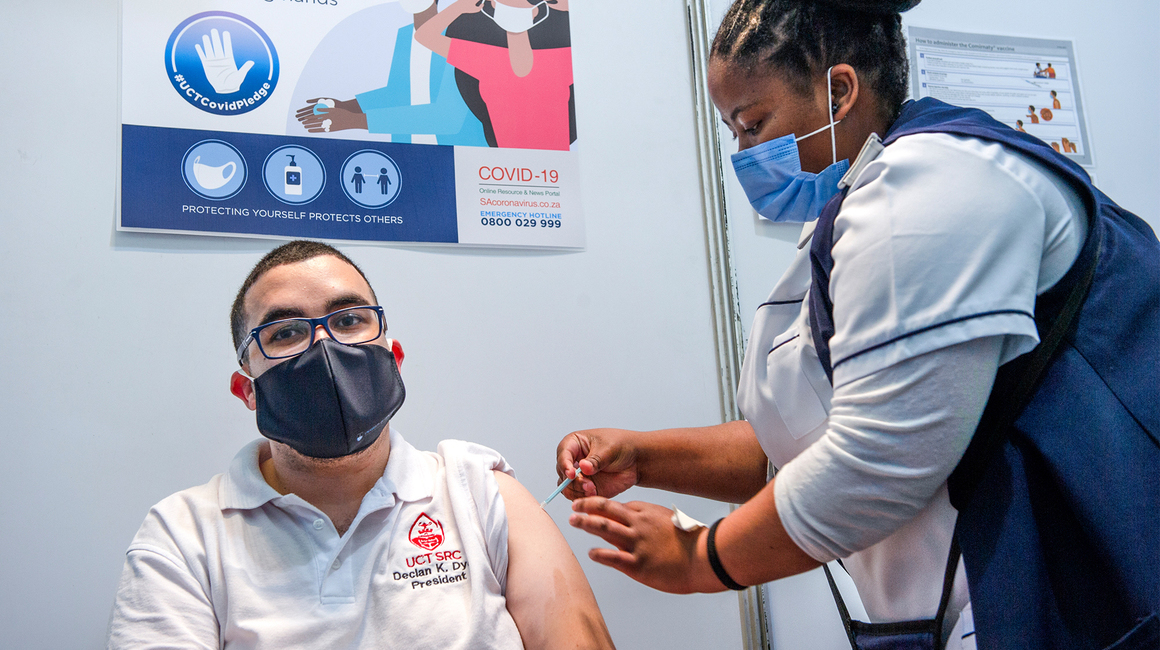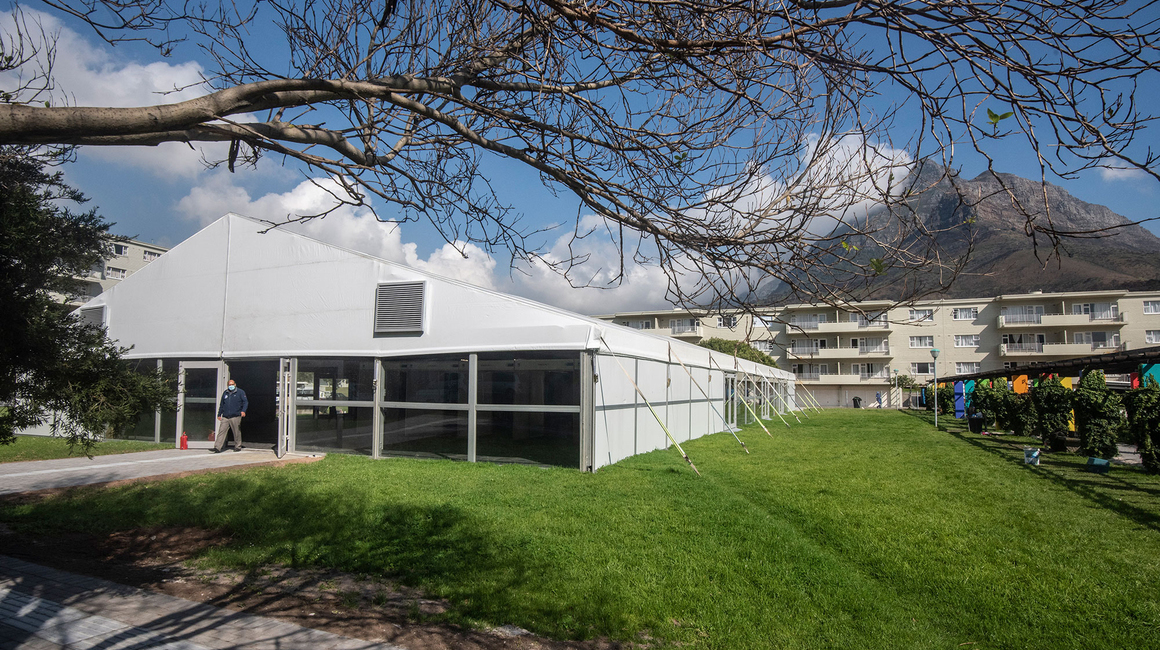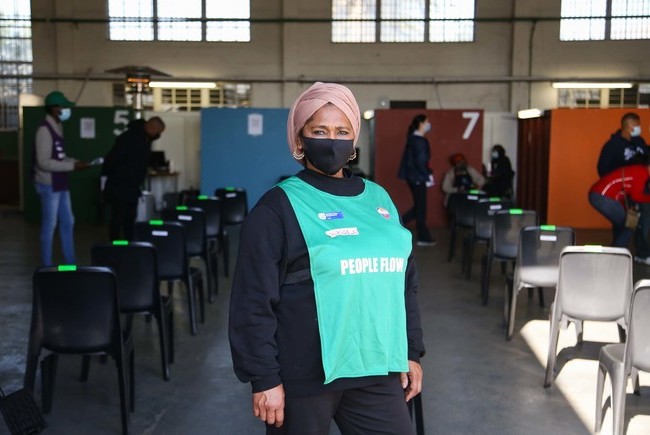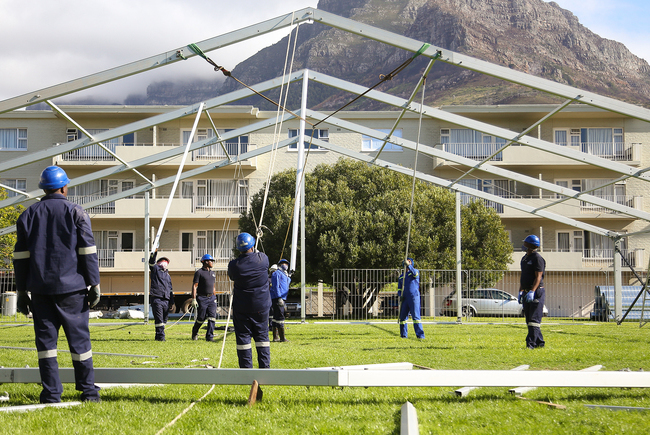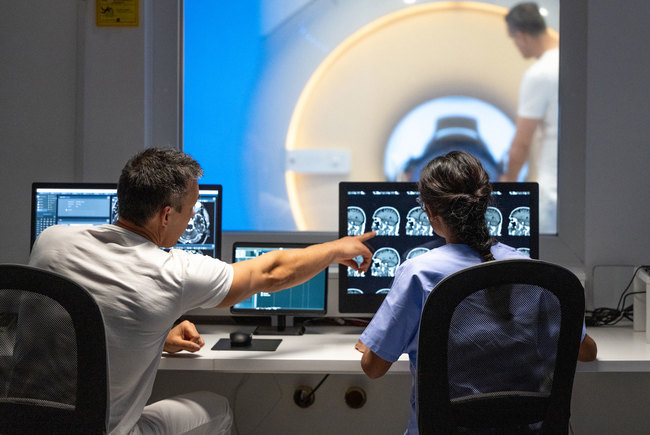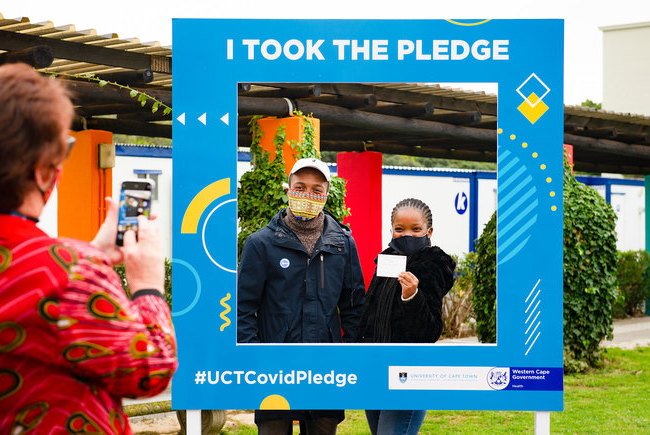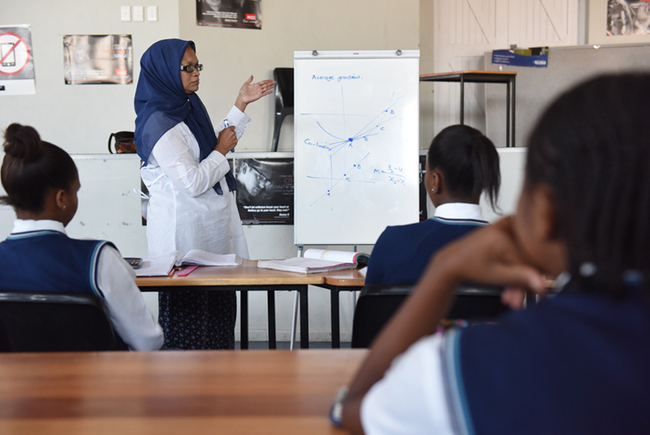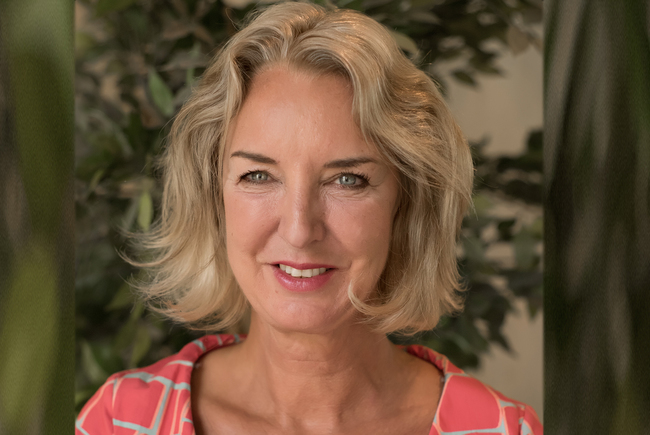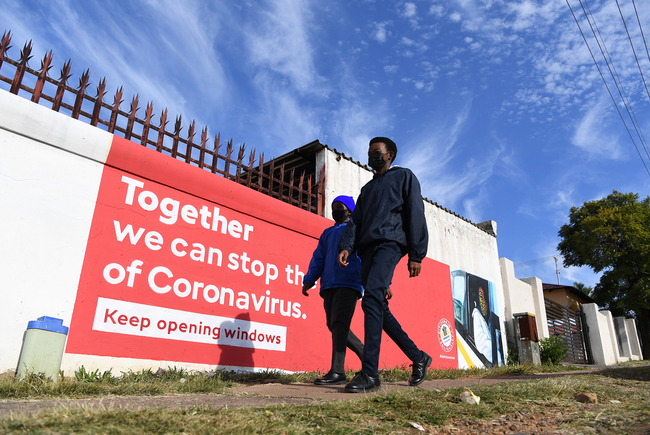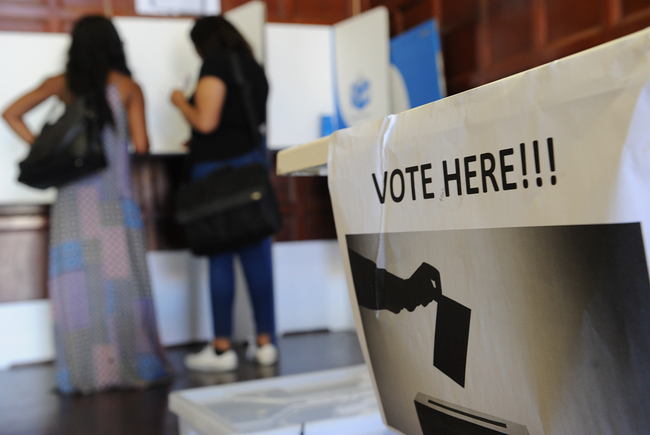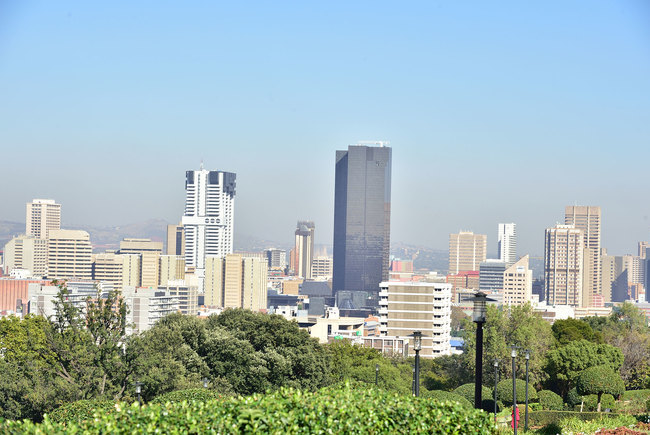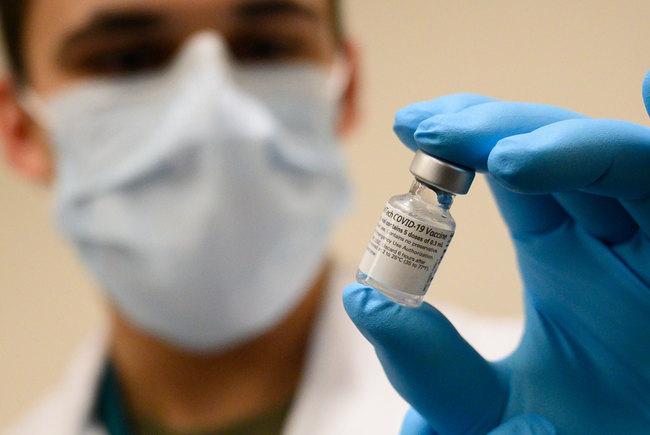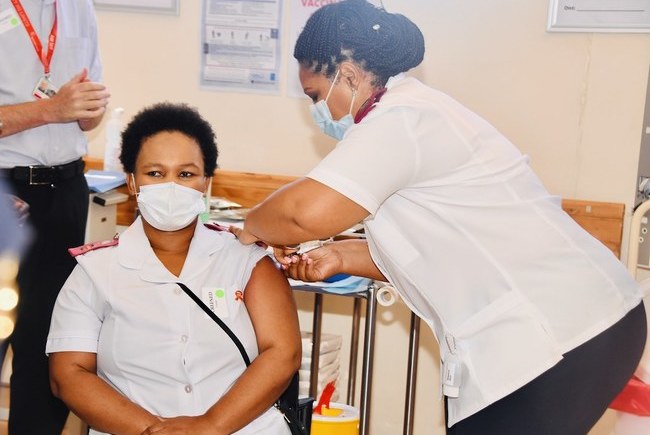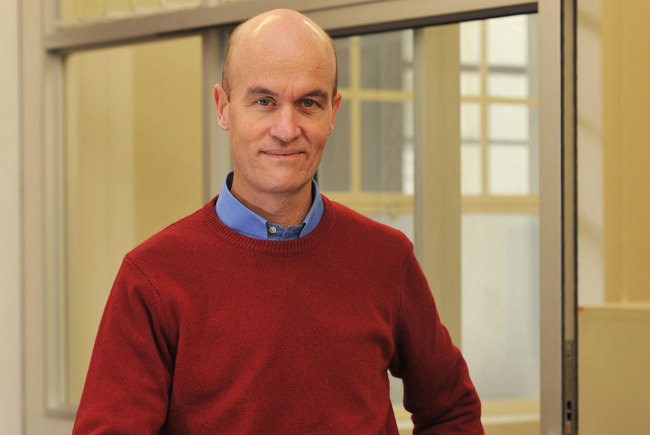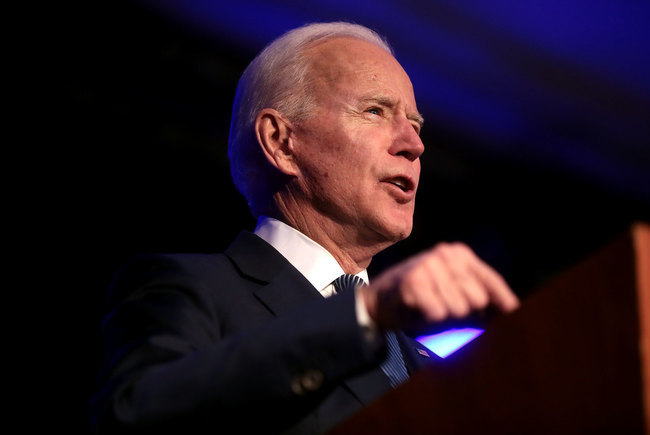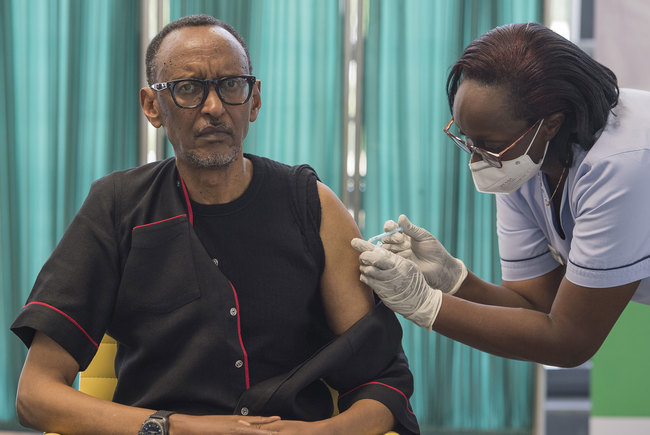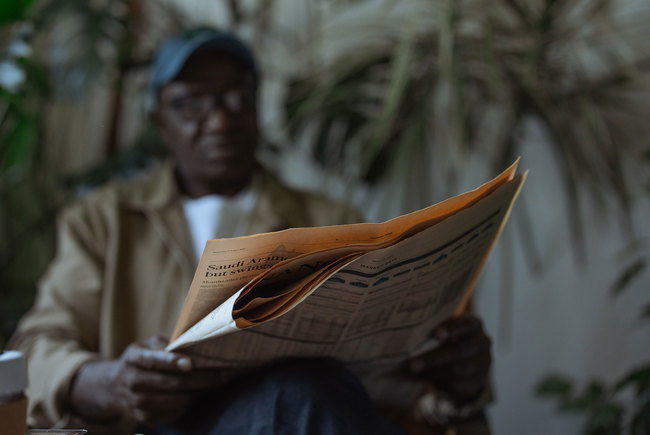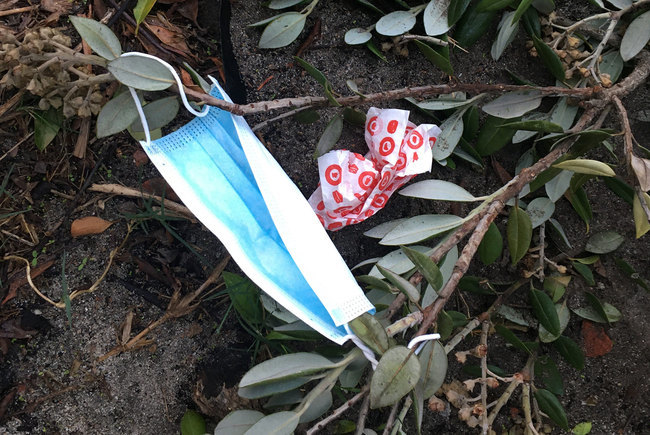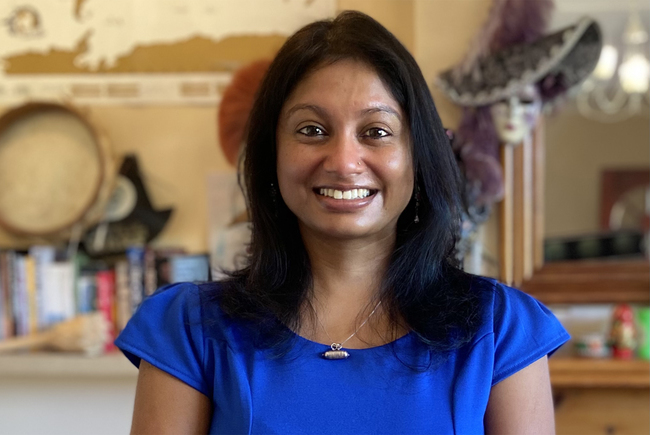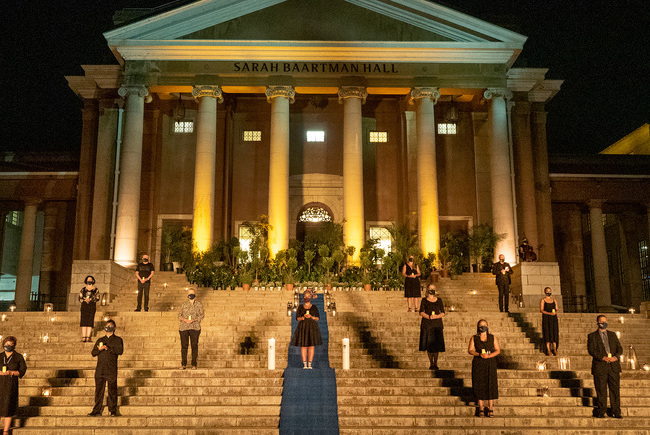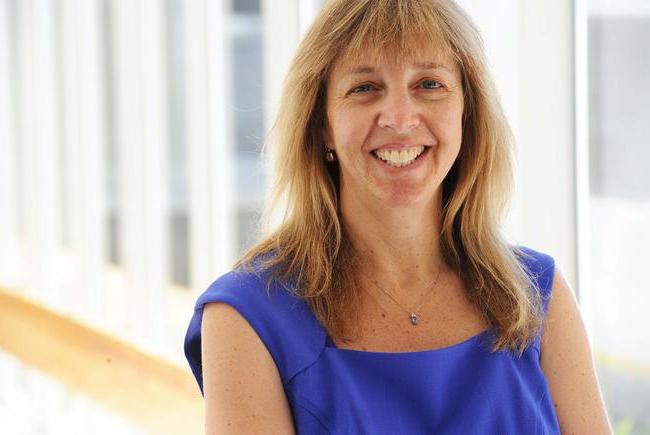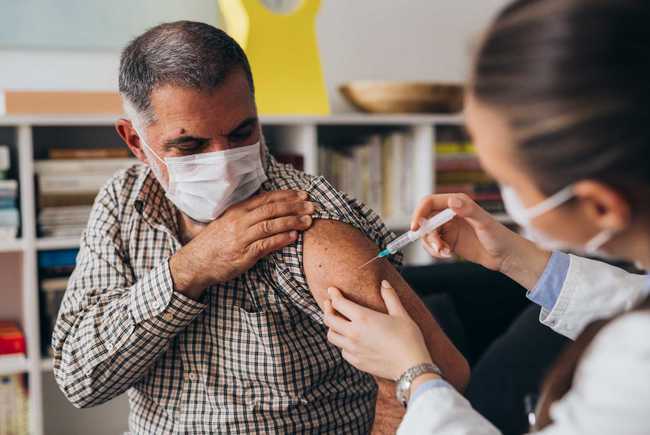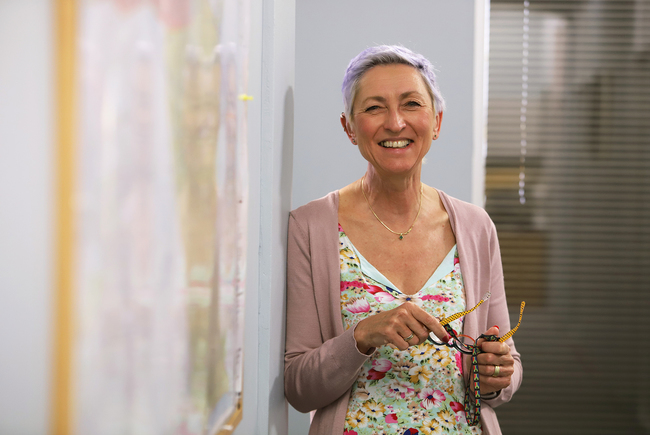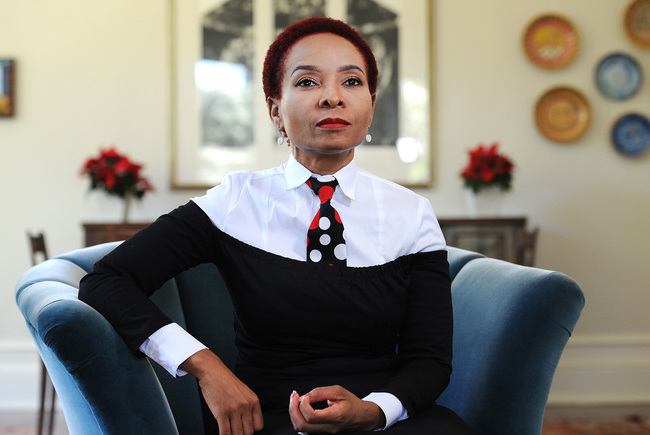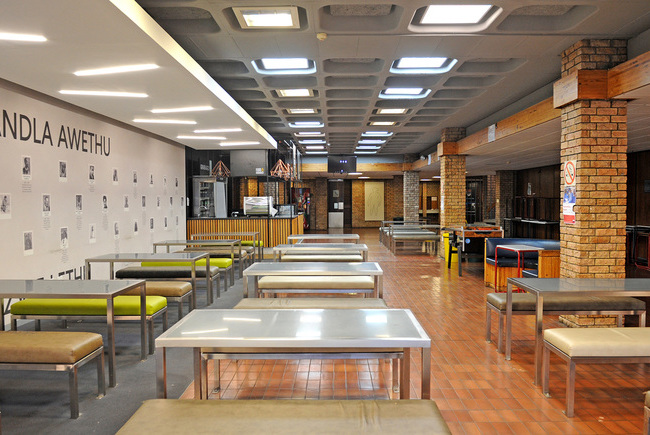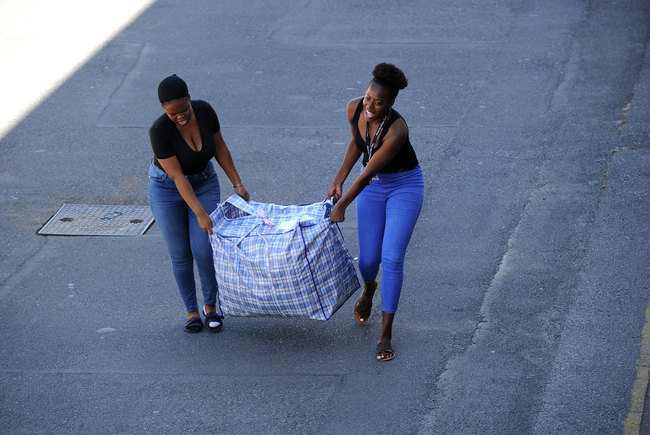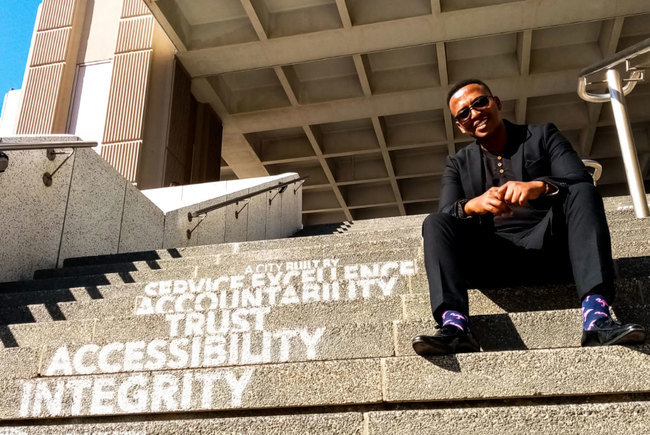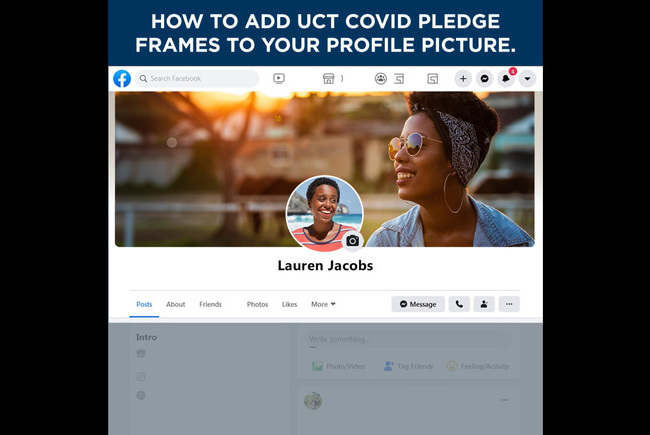Socially responsive course development grant awards 2021
30 November 2021 | DVC A/Prof Lis Lange
Dear colleagues
COVID-19 has offered unique opportunities to deepen our commitment to society through our teaching, research and service. As a university we have committed ourselves to continue with the core project of teaching and learning.
Vision 2030 highlights the importance of embedding a socially engaged learning experience into the curriculum for students. As part of this imperative, and as an indication of institutional commitment, we invited applications for socially responsive engaged teaching and learning course development grants. Four grants of R10 000 each were available to develop, design or revise a course that meets the criteria of engagement with external non-academic constituencies through a pedagogical process and approach.
I am pleased to announce that three awards were made this year, and to share the details with you. All of these courses or reflexive practices are linked in very meaningful ways to the broader social responsiveness curriculum project at UCT.
Dr Helen Scanlon – Department of Political Studies, Faculty of Humanities
Fault-lines in Transitional Justice: addressing historic abuses in South Africa
This course will be developed as a series of three short courses. The target audience is civil society actors working in the realm of social justice, and the course will be developed in partnership with the Foundation for Human Rights. This course is intended to support new, integrative, and path-breaking studies of South African experiences and to be accessible to anyone interested in the area of social justice.
Collaborating with key actors involved in the South African coalition for transitional justice, this course will develop modules centred on ongoing advocacy for truth, reparations, criminal accountability and memorialisation. A central intention of the course is to create strong cross-environmental dialogue about local contexts of violence and strategies that have been used to confront impunity. It is envisaged that students in the political studies department will learn and benefit from engagement with civil society actors.
Ms Leigh-Ann Richards and Mr Elvin Williams – Health and Rehabilitation Sciences, Occupational Therapy Division, Faculty of Health Sciences
A critical review of practice learning in the curriculum
Practice learning (PL) is a Health Professions Council of South Africa (HPCSA) requirement in Occupational Therapy (OT) undergraduate curricula. Practice learning includes both clinical practice and service learning and all undergraduate OT students are required to complete 1000 hours of PL across the four-year programme. The curriculum provides opportunities for PL in various platforms i.e. class/skills lab practicals and PL blocks in health facilities, schools and non-governmental organisations.
In 2020, the COVID-19 pandemic and lockdown forced the OT division to rapidly adapt PL in response to the health and social crisis in our practice contexts. The response was reactive to the pandemic. In thinking about the need for health practitioners with an ability to understand the broader context of their practice, the division decided to initiate a critical review of the PL curriculum with the aim of designing a re-imagined PL curriculum that supports socially responsive practice and the transformation agenda in terms of social and health justice for all. Funding from the grant will be used to critically evaluate the practice learning approach with the intention of developing a space for more critical engagement in PL by students and other stakeholders.
Dr Vuyiswa Lupuwana – Department of Archaelogy, Faculty of Science
Archaeology ‘for the people and by the people’: engaged scholarship, collaborative discourse and social justice
The discipline of archaeology has long been critiqued for its colonial origins. In more recent years, the positionality of archaeological practice has become a strong point of focus and restructures among social groups globally. However, the theory of archaeology coming to terms with itself is still in its infancy. The course to be designed will engage and outline critical discourse for transforming the archaeological discipline. The overall learning outcome of this course therefore focuses on developing a critical lens for engaging with scientific and theoretical disciplines through an approach that aspires towards benefit sharing and mutual access to knowledge.
The course will be framed around public and community archaeology approaches. One of the issues around engaging more critically with inclusive discourse in the practice of archaeology goes to providing spaces for students to interact with the community, heritage, and heritage spaces. The course will have practical outcomes in the form of archaeology exhibitions, community walk-throughs, visual art exhibitions and capsule comic books. Having the space to develop a project and facilitate its implementation will be key to this course.
On behalf of the university Teaching Grants Award Committee, I congratulate all the grant awardees and wish them luck in their exciting projects. We look forward to learning about their work at a UCT Teaching and Learning Conference in the future.
Warm regards
Associate Professor Lis Lange
Deputy Vice-Chancellor: Teaching and Learning
Read previous communications:
 This work is licensed under a Creative Commons Attribution-NoDerivatives 4.0 International License.
This work is licensed under a Creative Commons Attribution-NoDerivatives 4.0 International License.
Please view the republishing articles page for more information.
UCT’s response to COVID-19 in 2021
COVID-19 is a global pandemic that caused President Cyril Ramaphosa to declare a national disaster in South Africa on 15 March 2020 and to implement a national lockdown from 26 March 2020.
UCT is taking the threat of infection in our university community extremely seriously, and this page will be updated regularly with the latest COVID-19 information. Please note that the information on this page is subject to change depending on current lockdown regulations.
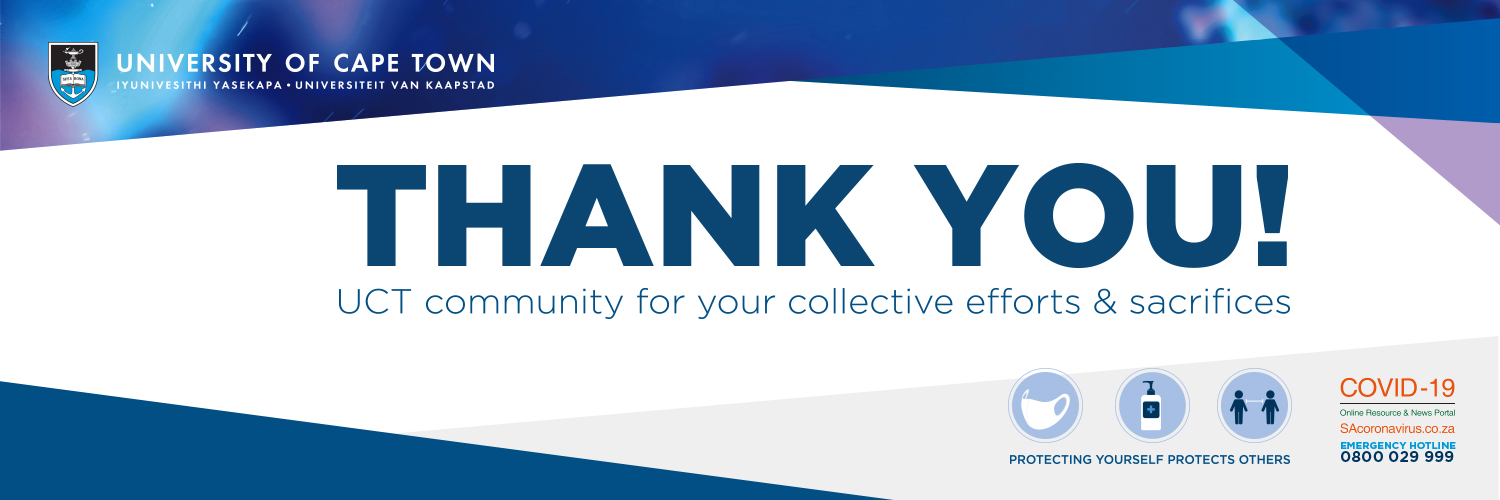
Global Citizen Asks: Are COVID-19 Vaccines Safe & Effective?
UCT’s Institute of Infectious Disease and Molecular Medicine (IDM) collaborated with Global Citizen, speaking to trusted experts to dispel vaccine misinformation.
If you have further questions about the COVID-19 vaccine check out the FAQ produced by the Desmond Tutu Health Foundation (DTHF). The DTHF has developed a dedicated chat function where you can ask your vaccine-related questions on the bottom right hand corner of the website.
IDM YouTube channel | IDM website
UCT Community of Hope Vaccination Centre
The University of Cape Town in partnership with the Western Cape Government (WCG) have reinforced our commitment to bringing hope to the residents of the Mother City with the launch of the world‑class Community of Hope Vaccination Centre that opened its doors on Monday, 30 August 2021.
The site is located on Main Road in Mowbray – in the Forest Hill Residence – and access is from Broad Street. The site is open every Monday to Friday from 08:00 to 15:00 and on Saturday from 09:00 to 13:00. Please allow time for attending to COVID-19 protocols and arrive as early as possible at the vaccination centre.
Frequently asked questions
News and views
Campus communications
2021
Media releases
Read more
UCT statements related to COVID-19 vaccinations
This is a space created for all formal bodies and structures within the university community to share their opinions on the need for a mandatory COVID-19 vaccine policy. Please note that some editorial judgement may be applied if the received statements go against any constitutional rights, and that no correspondence will be entered into, statements will be posted unedited and as received. Statements can be sent to opinions@uct.ac.za.
Commemorating a year of COVID-19
At midnight on 26 March 2020, South Africa went into the first nationwide hard lockdown. A year later, we remember those who have died and those who have been affected by COVID-19, as well as the pandemic’s effects across society and campus. We are especially grateful for the front-line health workers who have done so much for so many.
#UCTCOVIDPledge – social media elements
Customised Facebook frames and Instagram stickers are now available on those social media platforms. Watch the tutorial videos here to see how easily you can show your support for the #UCTCOVIDPledge.
In an email to the UCT community, Vice-Chancellor Professor Mamokgethi Phakeng said:
“COVID-19, caused by the virus SARS-CoV-2, is a rapidly changing epidemic. [...] Information [...] will be updated as and when new information becomes available.”
We are continuing to monitor the situation and we will be updating the UCT community regularly – as and when there are further updates. If you are concerned or need more information, students can contact the Student Wellness Service on 021 650 5620 or 021 650 1271 (after hours), while staff can contact 021 650 5685.

















